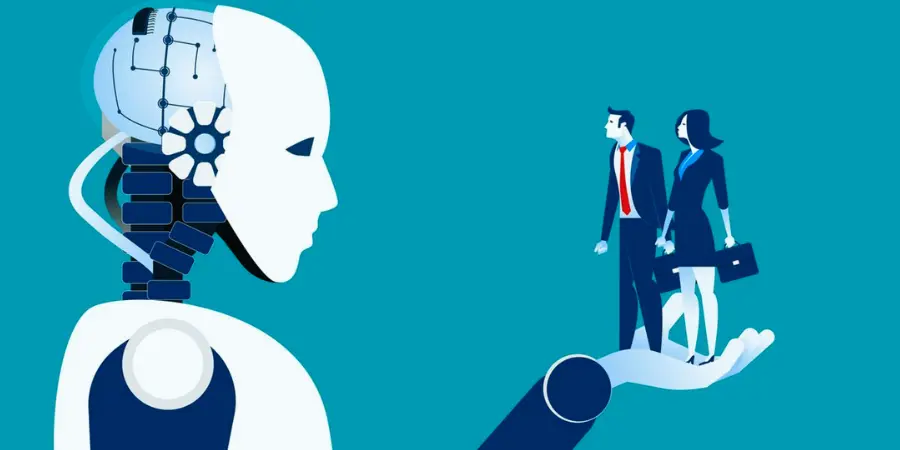Artificial Intelligence (AI) has come a long way in the last few decades, revolutionizing numerous industries and transforming the way we live, work, and communicate. As AI continues to advance at an unprecedented pace, there is an ongoing debate about whether AI will eventually surpass human capabilities and potentially take over various aspects of our lives. In this blog post, we will explore the possibilities, benefits, and concerns associated with AI potentially overpowering humans in the future.
The Current State of AI
Before delving into the future implications of AI, it's crucial to understand its current capabilities. AI systems today excel in specific tasks, such as image and speech recognition, natural language processing, and decision-making algorithms. They have proven to be invaluable in various fields, including healthcare, finance, transportation, and customer service. However, despite these achievements, AI still falls short when it comes to general intelligence, adaptability, creativity, and complex human interactions.
The Potential of AI
While AI is making significant progress, it is important to acknowledge that achieving human-level or superhuman intelligence remains a complex challenge. The notion of AI surpassing humans is often portrayed in popular media and science fiction, fuelling both excitement and concern. Some proponents argue that AI could potentially solve many of humanity's grand challenges, ranging from disease eradication to addressing climate change. They envision a future where AI becomes a powerful tool that complements human abilities, enhancing productivity, and improving the overall quality of life.
The Role of Humans
Despite AI's advancements, it is crucial to recognize the unique strengths and qualities that humans possess. Humans excel in emotional intelligence, creativity, empathy, and moral reasoning, traits that are vital for various domains like art, therapy, leadership, and social interactions. Humans possess the ability to adapt to uncertain situations, think critically, and make decisions based on ethical considerations. Additionally, humans have the capacity to constantly learn, grow, and innovate, which sets us apart from current AI systems.
Collaboration, not Domination
Instead of fearing a future where AI dominates humans, we should focus on the potential collaboration between humans and AI systems. By leveraging AI's computational power and data analysis capabilities, humans can tackle complex problems more effectively and efficiently. AI can augment our capabilities, providing us with valuable insights and support to make informed decisions. In domains such as healthcare, AI can assist medical professionals in diagnosing diseases, recommending treatment plans, and analyzing vast amounts of patient data. This collaboration allows us to utilize the best of both worlds: AI's analytical prowess and humans' intuition and compassion.
Ethical Considerations
As AI continues to evolve, it is crucial to address ethical concerns surrounding its development and use. Transparent and accountable AI systems, with robust regulations and oversight, are necessary to ensure that AI aligns with human values and serves the common good. Ethical considerations, such as fairness, privacy, and the prevention of bias, must be prioritized during the design and implementation of AI technologies. By incorporating ethical guidelines, we can shape the future of AI to be a force that supports and empowers humans rather than one that replaces them.
Conclusion
While the future of AI holds immense possibilities, the idea of AI completely overtaking humans remains speculative. Humans possess unique qualities that are difficult to replicate, such as creativity, emotional intelligence, and adaptability. The collaboration between humans and AI systems can lead to remarkable advancements and improved quality of life. It is essential to approach AI development with a focus on ethics, ensuring that AI technologies align with human values and contribute to the betterment of society. By embracing AI as a powerful tool, we can shape a future where humans and AI coexist, collaborating to solve complex challenges and create a more prosperous world.
Dr. Ritu Shrivastava
BE(CSE)MBA(IT) PhD(CSE)
Prof. & HoD, Computer Science and Engineering
SIRT Bhopal



